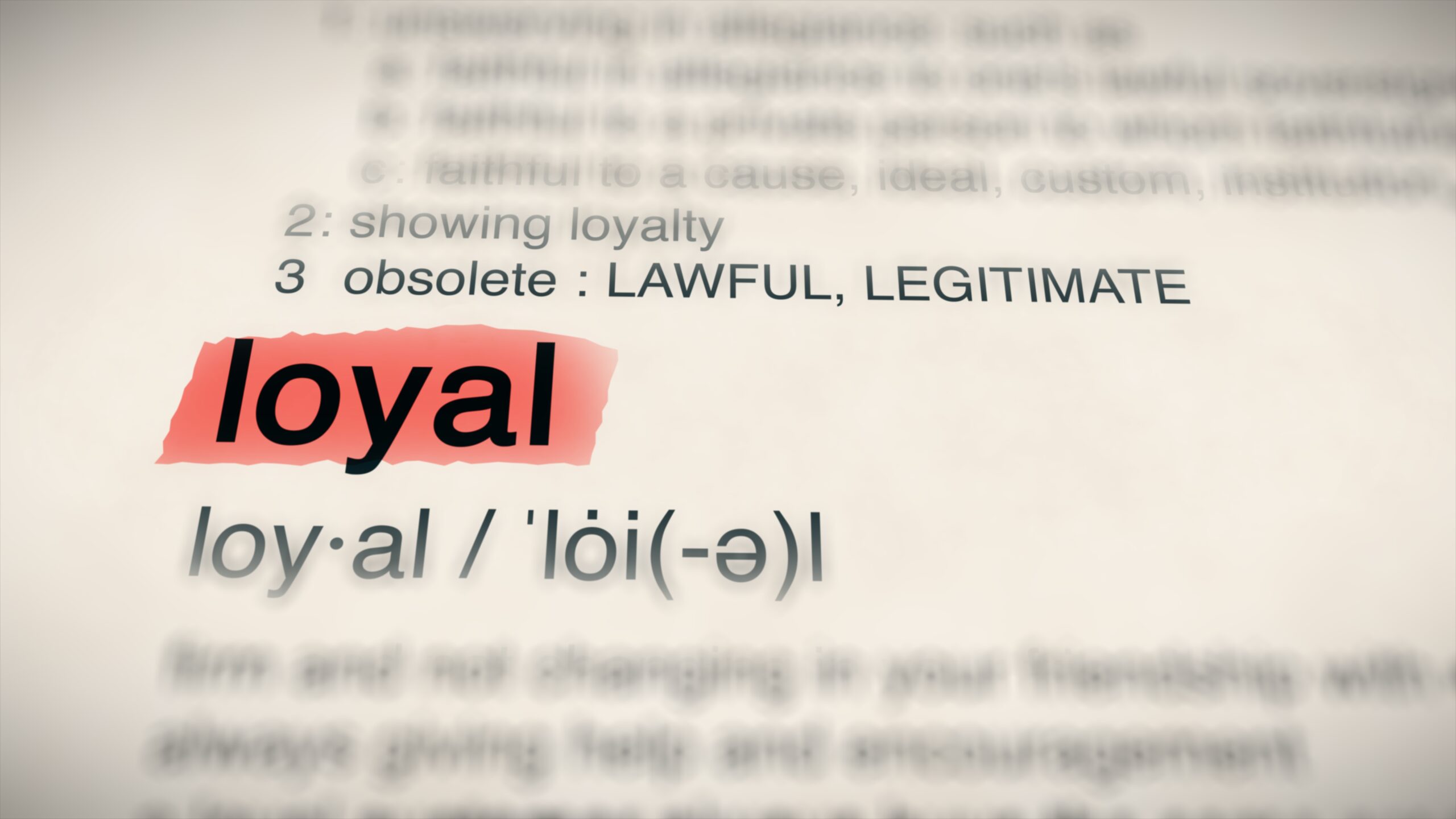The next 10 years will see 800 million K-12 graduates and 350 million post-secondary school graduates worldwide, and spending on education around the globe is set to hit an astounding $10 trillion by 2030. In this ever-expanding learning environment, Education Technology (EdTech) is set to play a crucial role. As we know, EdTech is a hybrid of educational theory and technological innovation that has evolved to help meet this challenge. As a provider to this EdTech marketplace, leveraging case studies effectively across various marketing materials can significantly enhance your brand‘s credibility, showcase your solutions’ effectiveness and attract new customers. Here are various strategies marketing managers can investigate and employ to take advantage of this growing marketplace.
Engage Engaging Content:
Develop a variety of content pieces based on the case study, including blog posts, whitepapers, infographics and videos. Each format can be tailored to different audience preferences and levels of engagement.
Highlight Key Results:
Extract key statistics, metrics and success stories from the case study to emphasize the tangible benefits and outcomes realized by your solution. Integrate these highlights into your marketing materials to capture attention and build credibility.
Tailor Messaging:
Customize the messaging and narrative of the case study to resonate with specific target audiences or market segments. Draw attention to how your solution addresses their pain points, challenges and goals to demonstrate relevance and value.
Integrate Across Channels:
Integrate the case study content seamlessly across various marketing channels, including your website, social media platforms, email campaigns and sales collateral. Consistent messaging and branding only serve to reinforce your brand’s integrity and build trust with prospects.
Feature Customer Testimonials:
Incorporate quotes, testimonials and endorsements from the clients featured in the case studies into your marketing materials. Authentic customer voices lend credibility and authenticity to your messaging, helping to develop trust and rapport with potential customers.
Optimize SEO:
Ensure that your case study content is optimized for search engines by incorporating relevant keywords, meta tags and descriptive headings. This improves its prominence and discoverability, steering organic traffic to your website and boosting engagement.
Personalize Outreach:
Use the insights gained from the case study to personalize your outreach efforts, including email campaigns, sales pitches and targeted advertisements. Tailor your messaging to speak to specific pain points and challenges confronted by potential customers, demonstrating your grasp of their needs and delivering solutions.
Repurpose Content:
Repurpose the case study content into bite-sized snippets, including social media posts, short videos or data-driven graphics. This allows you to capitalize on the reach and impact of the case study across various platforms and audience segments.
Provide Educational Resources:
Offer educational resources, including webinars, workshops or downloading guides that delve deeper into the topics and insights explored in the case study. Position your brand as a thought leader and trusted advisor in the EdTech market, delivering constructive insight and solutions to your audience.
Did you know we have done more than 100 case studies for EdTech companies? Message me today to discuss your next case study: Jessica.Clay@ClayAgency.com




